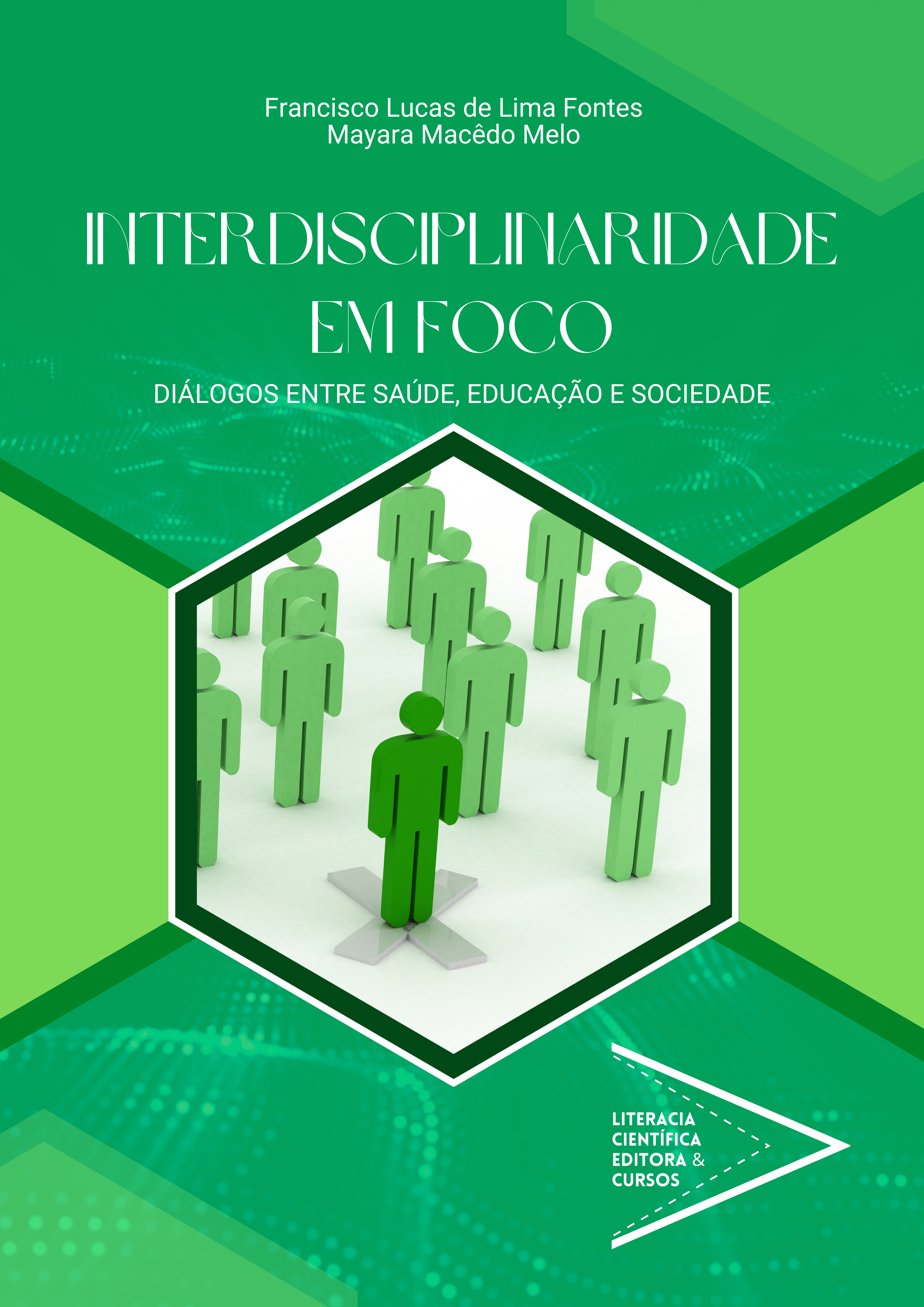
DOI: 10.53524/lit.edt.978-65-84528-45-1/06
PALAVRAS-CHAVE: Saúde pública digital, Saúde pública, Tecnologia em saúde.
KEYWORDS: Digital public health, public health, health technology.
ABSTRACT: OBJECTIVE: To identify the challenges for the applicability of digital health in the Brazilian public service. MATERIALS AND METHODS: This is an integrative review whose guiding question adopted for planning this research was elaborated based on the PICo strategy (problem, intervention, context) where P = Challenges, I = applicability, Co = Digital health in the Brazilian public service. Thus, the following question was reached: “What are the challenges for the implementation of digital health in the Brazilian public service?”. RESULTS AND DISCUSSION: The research analyzed a total of 9 (nine) articles that encompass different types of studies: cross-sectional, descriptive, quantitative and qualitative. During the COVID-19 pandemic, telehealth gained prominence in Brazil, but the territorial dimension continues to influence social, economic and environmental factors that affect the quality of life of the population. In urban areas, the implementation of health applications is more efficient due to greater connectivity and access to devices, while in rural or marginalized regions, there are barriers that hinder the use of these technologies. Therefore, it is essential that the territorial dimension be a priority in public health policies and practices. FINAL CONSIDERATIONS: Obstacles such as professional resistance, lack of infrastructure and interoperability issues need to be addressed for these technologies to be effectively consolidated.
Darliany Rebecca de Souza Silva Batista
Edinaldo Fernandes dos Santos
Mayara Natália Sousa dos Santos
Rebeca Lima Cortez Abreu
Sophia de Carvalho Lima
Victor Augusto Fontenelle Ramos Monteiro
Victor Gabriel da Costa Pimentel de Morais
Vitória Fernanda Fernandes Nascimento
Vyrna Rebeca de Carvalho Alves
Ícaro Soares de Carvalho Pinheiro
Desenvolvido por Alexsander Arcelino